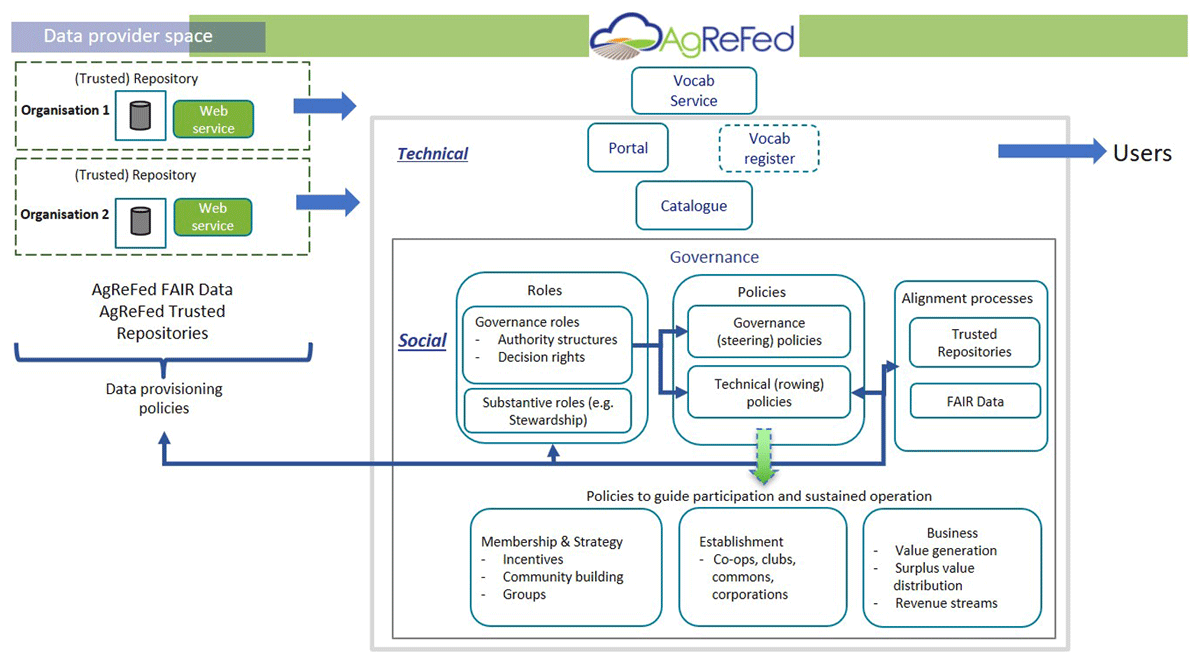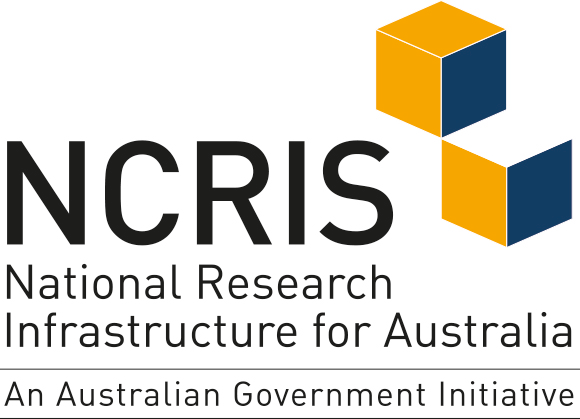9 June 2022

Wong, M., Levett, K., Lee, A., Box, P., Simons, B., David, R., … Thompson, H. (2022). Development and Governance of FAIR Thresholds for a Data Federation. Data Science Journal, 21(1), 13. DOI: http://doi.org/10.5334/dsj-2022-013
Abstract:
The FAIR (findable, accessible, interoperable, and re-usable) principles and practice recommendations provide high level guidance and recommendations that are not research-domain specific in nature. There remains a gap in practice at the data provider and domain scientist level demonstrating how the FAIR principles can be applied beyond a set of generalist guidelines to meet the needs of a specific domain community.
We present our insights developing FAIR thresholds in a domain specific context for self-governance by a community (agricultural research). ‘Minimum thresholds’ for FAIR data are required to align expectations for data delivered from providers’ distributed data stores through a community-governed federation (the Agricultural Research Federation, AgReFed).
Data providers were supported to make data holdings more FAIR. There was a range of different FAIR starting points, organisational goals, and end user needs, solutions, and capabilities. This informed the distilling of a set of FAIR criteria ranging from ‘Minimum thresholds’ to ‘Stretch targets’. These were operationalised through consensus into a framework for governance and implementation by the agricultural research domain community.
Improving the FAIR maturity of data took resourcing and incentive to do so, highlighting the challenge for data federations to generate value whilst reducing costs of participation. Our experience showed a role for supporting collective advocacy, relationship brokering, tailored support, and low-bar tooling access particularly across the areas of data structure, access and semantics that were challenging to domain researchers. Active democratic participation supported by a governance framework like AgReFed’s will ensure participants have a say in how federations can deliver individual and collective benefits for members.

